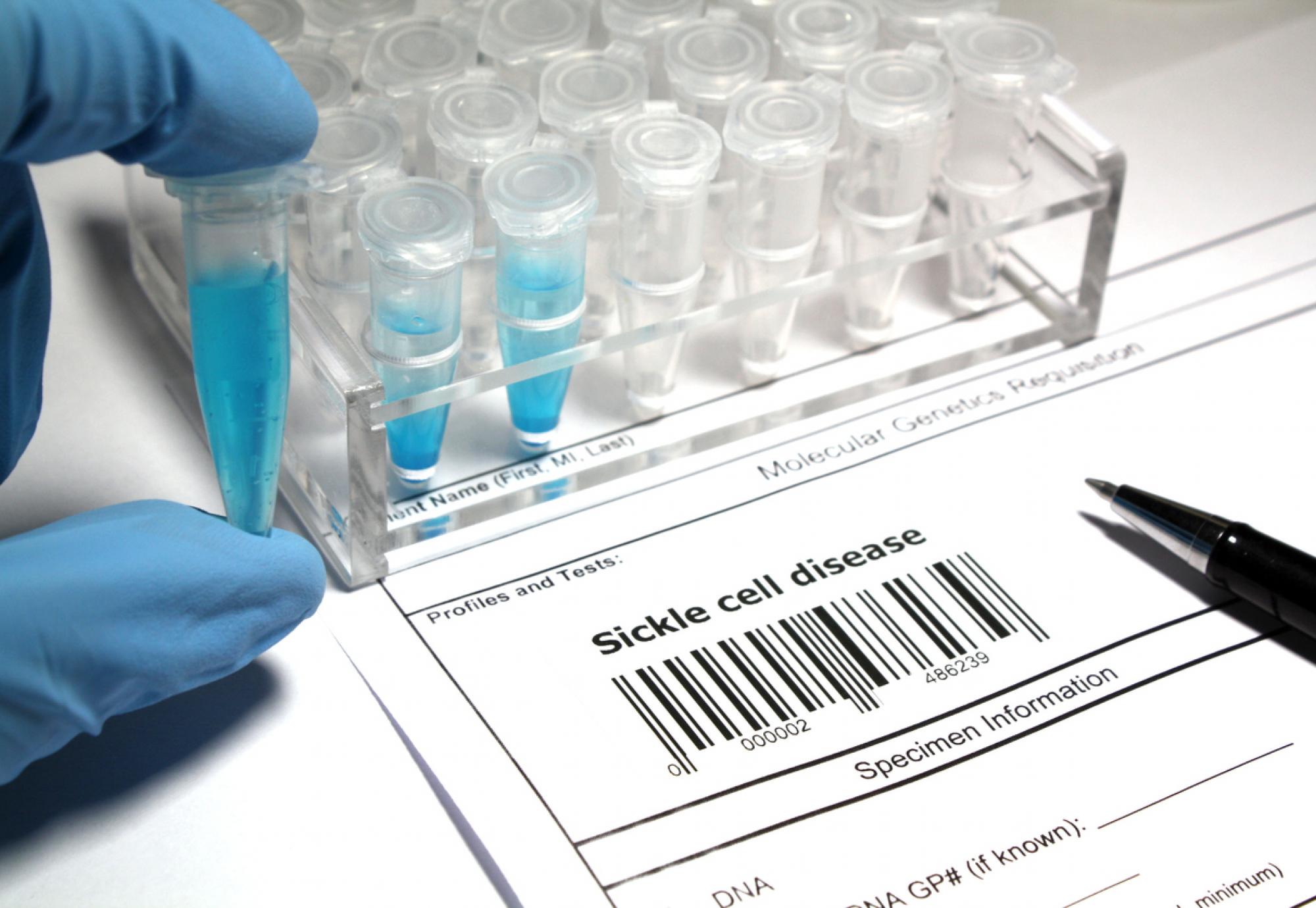Patients with sickle cell disease are set to benefit from more effective and streamlined healthcare thanks to the rollout of new crisis clinics and digital health plans, NHS England has today announced.
Dubbed 24/7 hyper acute units by the health service, the new facilities will be first launched in the areas of most need with London and Manchester set to see openings first.
The idea behind the rollout is to enable as many of the 15,000 people with sickle cell in England to avoid A&Es and access specialist care in the first instance. NHS England estimates that four in five of the diseased patients will benefit from the new clinics.
If someone is having a sickle cell crisis, acting fast saves lives.
— NHS England (@NHSEngland) June 17, 2023
NHS colleagues, this e-learning module will help you spot the signs of a sickle cell crisis and learn how it should be treated. https://t.co/AD5LNkdCYw pic.twitter.com/BB2n71zNfX
The news comes on world sickle cell day and alongside a range of recent measures from the health service in this area, including:
- Expanded staff training to help staff spot symptoms of sickle cell disease
- The new partnership between NHS England and NHS Blood and Transplant that will better genetically match patients for transfusions and thus curbing some adverse side effects
- Commitments towards ensuring everyone living with sickle cell disease has access to a digital care plan
NHS England’s chief executive, Amanda Pritchard, said that she hopes the new clinics will quicken treatment for the thousands of people living with this “deeply debilitating” disease.
“On this World Sickle Day, I am determined that the NHS continues to make progress in the support it offers to people with sickle cell, so every individual with this disease feels able to seek help when they need it,” added the health service’s health inequalities director, Professor Bola Owolabi.
Image credit: iStock



















